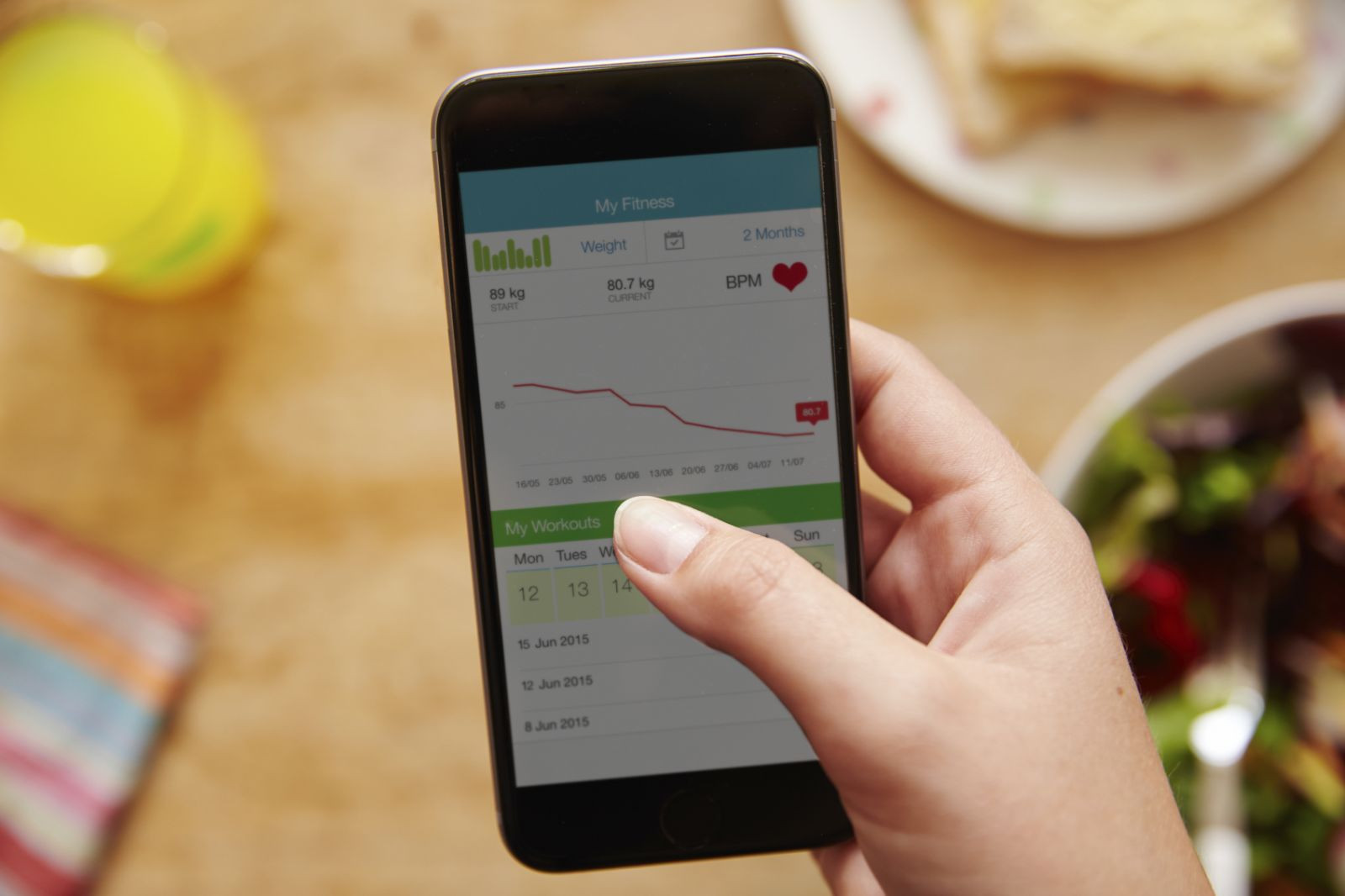
5 timeless habits for better health

What are the symptoms of prostate cancer?

Is your breakfast cereal healthy?

When pain signals an emergency: Symptoms you should never ignore

Does exercise give you energy?

Acupuncture for pain relief: How it works and what to expect

How to avoid jet lag: Tips for staying alert when you travel

Biofeedback therapy: How it works and how it can help relieve pain

Best vitamins and minerals for energy

Should you take probiotics with antibiotics?
Staying Healthy Archive
Articles
Rev up your thinking skills by trying something new
Learning a new dance step involves exercise, socialization, and a challenge, all of which can help boost thinking skills.
Image: iStock
Challenging your brain, staying physically active, and being socially engaged may help keep our thinking skills sharp.
Healthier meals on the go
Yes, you can find convenient fast-cook meals, but you'll have to do your homework.
Image: Thinkstock
Ever notice how nutrition takes a back seat when you're hungry? Packaged and prepared foods somehow don't seem unhealthy when you need a meal in a hurry. But is there such a thing as a nutritious convenience food? "Yes, there are some healthy options out there, but you really have to look for them," says registered dietitian Kathy McManus, director of the Department of Nutrition at Harvard-affiliated Brigham and Women's Hospital.
Typical convenience foods
Packaged, prepared foods come in several forms: boxed, dry goods such as quick-cook pasta and rice mixes; canned foods, such as soup or ravioli; or frozen foods, such as a single frozen dinner or a "family-sized" lasagna.
Which tests do you need in 2016?
Make sure you get your blood pressure measured at least once a year.
Image: Thinkstock
Screenings for cardiovascular disease, diabetes, and cancer aren't always routine.
What you should know about antiviral drugs
Flu season still has a few months left, and it is not too late to get a flu shot if you have not done so already.
Image: Thinkstock
They may help reduce symptoms of the flu, but they're not for everyone.
The Nordic diet: A northern twist to the Mediterranean diet
Image: iStock
With a focus on whole grains, berries, and fish, Northern European cuisine has some heart-friendly features.
If you've never heard of the Nordic diet, you might imagine a plate of those Swedish meatballs sold at Ikea. In fact, this eating style focuses on healthier fare, including an abundance of the plant-based foods nutritionists always encourage us to eat. And while the data are limited so far, some studies suggest that following a Nordic eating pattern may foster weight loss and lower blood pressure—both of which are good for the heart.
Interval training: A faster route to a stronger heart?
Image: Thinkstock
Short bursts of intense exercise may help build heart fitness. But run the idea by your doctor before you begin.
Want to add some variety to your exercise routine and finish your workout a little faster? Consider interval training, which alternates short, intense bouts of exercise with longer periods of lighter, less vigorous activity. The potential payoff may be enhanced cardiovascular fitness in less time.
Helping your heart: There's an app for that
Image: iStock
Smartphone apps encourage you to take an active role in monitoring and boosting health.
When it comes to healthy hearts, technology is playing a greater role than ever, and not just in the doctor's office. Now nearly anyone can use computer programs designed to improve heart health, thanks to downloadable applications (apps) for smartphones, tablets, and home computers. They're part of a trend known as mobile health or mhealth. "In general, health apps can provide very valuable information, as long as you understand their limitations," says Dr. Randall Zusman, a cardiologist with the Corrigan-Minehan Heart Center at Harvard-affiliated Massachusetts General Hospital and a Harvard Medical School associate professor.
3 health strategies to help you get through the holidays
Image: Thinkstock
Plan now to help prevent overeating, trips to the hospital, and depression.
The winter holidays are supposed to be a joyous time, filled with celebration. But they come with health risks, such as loneliness and depression, overeating, weight gain, falls in icy weather, foodborne illness, and heart problems. Here are ways to protect yourself while enjoying the season.
Tools to make your life easier
Image: Thinkstock
Little gadgets such as weighted utensils or shirt buttoners make a big impact on daily living.
As we age, our dexterity and fine motor skills tend to diminish. That makes it hard to perform simple tasks, such as but-toning a shirt or writing a letter. Add in some physical challenges such as arthritis, injury, or stroke, and older adults can easily lose the ability to care for themselves. "Being able to perform one's activities of daily living is often the difference between living independently at home or needing others to provide assistance, either at home or in a group living facility," says geriatrician Dr. Suzanne Salamon, an instructor at Harvard Medical School.

5 timeless habits for better health

What are the symptoms of prostate cancer?

Is your breakfast cereal healthy?

When pain signals an emergency: Symptoms you should never ignore

Does exercise give you energy?

Acupuncture for pain relief: How it works and what to expect

How to avoid jet lag: Tips for staying alert when you travel

Biofeedback therapy: How it works and how it can help relieve pain

Best vitamins and minerals for energy

Should you take probiotics with antibiotics?
Free Healthbeat Signup
Get the latest in health news delivered to your inbox!
Sign Up











